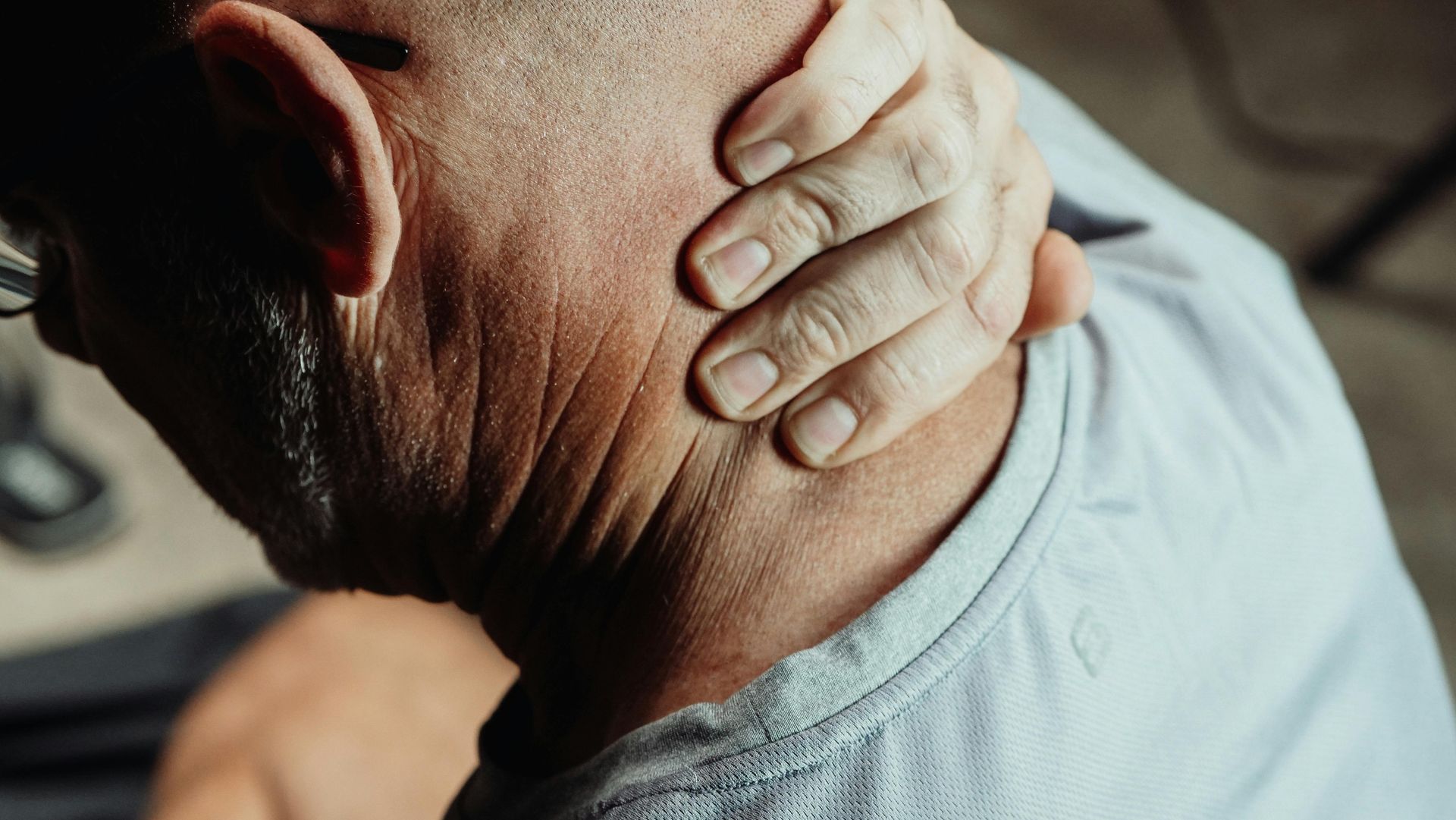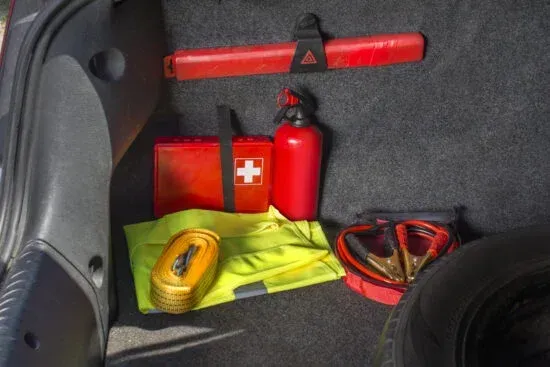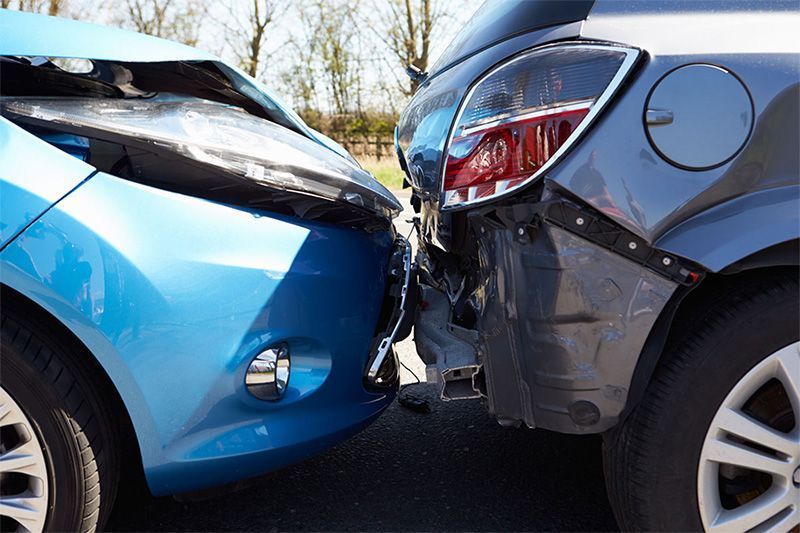How Insurance Companies Evaluate the Value of a Claim
Filing an insurance claim is often one of the first steps you should take following an accident or injury. An insurance claim asserts your right to compensation for your losses, allowing you to rebuild, recover, and move forward. However, understanding what your claim is potentially worth is equally important.
The exact value of your claim will depend on the specific circumstances of your accident or injury and the steps your insurance company takes to ultimately decide its value. Often, different insurance companies follow similar procedures and target similar key elements when evaluating a claim.
With the help of The Stutzman Law Firm, PLLC, understanding how insurance companies evaluate claims allows you to make more informed decisions, advocate for a fair settlement, and make sure you are adequately compensated for your losses. Located in Flowood, Mississippi, the firm serves clients throughout Brandon, Clinton, Pearl, Richland, and Rankin County.
What Constitutes an Insurance Claim?
An insurance claim is a formal request made by a policyholder to their insurance company for coverage or compensation for a specific loss or policy event. To constitute filing an insurance claim, the event prompting the claim must be covered under the policyholder's insurance agreement, such as a car accident, theft, property damage, or personal injury.
Filing a claim initiates a review process by the insurance company to determine whether the claim is valid and, if so, the amount of payment the insured is entitled to receive. The policyholder must notify their insurance company about the event and provide all necessary documentation and evidence so the insurance company can accurately evaluate the claim and determine the compensation amount.
In Mississippi, you have three years to file an insurance claim for both personal injuries and property damage. If you wait too long to file your claim, it may be denied or result in a lower value due to the delayed response.
What Must an Insurance Company Compensate?
An insurance company is obligated to compensate for losses and damages that fall within the coverage outlined in the insurance policy agreement. This compensation typically covers:
- The cost of repairs
- The replacement of damaged or stolen property
- Medical expenses resulting from personal injuries
- In some cases, the legal fees associated with defending a claim
Depending on the nature of the claim, coverage may also include compensation for indirect losses such as loss of income if the insured is unable to work due to injury or the time required to repair or replace damaged property.
Policyholders must thoroughly understand their policy coverage, including any deductibles and limits, to know what to expect in terms of compensation following a claim.
Common Factors Considered When Evaluating an Insurance Claim
Insurance companies consider various factors when evaluating the value of a claim. The aim is to understand the extent of the loss and determine the appropriate amount of compensation. Some of the common factors insurance companies commonly consider include:
- Severity of the damage or injury: The more severe your injury or damage, the higher the value of your claim will likely be. More severe injuries or significant damages often require costly medical treatment, repairs, and replacements.
- Documentation and evidence: Comprehensive documentation such as medical records, property repair costs, police reports, and any lost wages due to time off work provide a factual basis for assessing the claim. The quality and completeness of this evidence can greatly impact the evaluation.
- Insurance policy details: The terms, coverage limits, exclusions, and deductibles outlined in your insurance agreement play a crucial role in determining the value of a claim. Some policies may have higher limits for certain types of losses, while others may not cover them at all.
- Costs of medical treatment: In personal injury cases, the current and future costs of medical treatment are assessed. This often involves examination of treatment plans, recovery times, and any long-term medical care needs.
- Market value assessments: For property damage, assessments of the current market value of the damaged or lost property are crucial to determining compensation.
Understanding these factors can help policyholders better prepare their claims and documentation, aiming for a more accurate and fair assessment of their losses.
Evaluation Process for Personal Injury Claims
The evaluation process for personal injury insurance claims in Mississippi involves several critical steps to make sure you receive fair compensation for your injuries:
- The insurance company will require you to submit comprehensive documentation, including medical reports, proof of lost wages, and any other evidence supporting the extent of your injuries and the impact they have had on your life.
- The insurance adjuster will review the details of the claim. This includes examining the severity of your injury, the anticipated recovery time, and how the injury affects your ability to continue your pre-incident life. The insurance adjuster will consider current and future medical expenses, including treatment costs, rehabilitation expenses, and any need for long-term care.
- The insurance adjuster will also evaluate non-economic damages such as pain and suffering, loss of enjoyment of life, and emotional distress resulting from the injury. While more subjective, these factors also play a crucial role in determining the total value of the claim.
- Once the evaluation process is complete, the insurance company will make a settlement offer based on the gathered evidence and their assessment of the claim's value. With the assistance of an attorney, you can then decide to accept this offer, negotiate for a higher settlement, or pursue legal action if you deem the offer to be insufficient.
Determining Liability
Mississippi operates under a "pure comparative negligence" rule, which means that as long as you are less than 100% at fault for your injury, you can still seek compensation. However, the amount of compensation you receive may be reduced if you are found to be partly at fault for the incident that led to their injuries.
The insurance company will examine police reports and witness statements to determine the percentages of fault for both parties involved.
Evaluation Process for Car Accident Claims
The evaluation process for car accident claims in Mississippi involves a series of steps to assess the property damage value and determine the compensation due. This process is designed to make sure that all relevant factors are considered for a fair settlement:
- Accident report: After a car accident, you must report the incident to your insurance company and submit the initial documentation. This includes the police report, photos of the damage, witness statements, and any other relevant evidence that provides context about the incident.
- Damage assessment: The insurance company will send an adjuster to examine the extent and severity of the vehicle's damage and estimate the repair costs. This may involve a consultation with auto repair professionals to obtain accurate estimates.
- Review of policy coverage: The insurance adjuster will review your coverage details to understand the coverage available for the damage. This includes evaluating coverage limits, deductibles, and any exclusions that might affect the claim.
- Liability determination: Under Mississippi’s pure comparative negligence rule, the insurance adjuster will also determine liability and fault. This directly impacts the settlement amount, as compensation can be reduced proportionally to your fault in the incident.
- Depreciation estimation: For vehicles, insurance adjusters consider the current market value and depreciation, especially if the damage is severe enough to deem the vehicle a total loss. The insurance company will estimate the car's pre-accident value versus the cost of repairs to decide whether it's more economical to repair or replace the vehicle.
- Settlement offer: Based on the assessments, the insurance company will offer a settlement that covers the cost of repairs (subject to the policy's terms) or provides compensation for a total loss. This offer reflects the adjuster’s findings, the policy details, and the liability assessment.
- Negotiation: You have the opportunity to negotiate this offer, especially if they believe the settlement does not accurately reflect the damage or the vehicle's value. Experienced legal representation can advocate on your behalf for a more favorable settlement.
Throughout this process, policyholders are encouraged to maintain detailed records, maintain communication with the insurance company, and, if necessary, seek legal advice to make sure they receive fair compensation for their car accident claim.
Seek Experienced Legal Counsel
Whether you need to file a car accident or a personal injury claim, the value of an insurance claim is influenced by a multitude of factors. The experience and knowledge of a seasoned attorney can help you better understand what to expect from an insurance evaluation and how to proceed with filing a successful claim.
Located in Flowood, Mississippi, The Stutzman Law Firm, PLLC is committed to helping its clients with insurance claims. Reach out to set up a free consultation.










